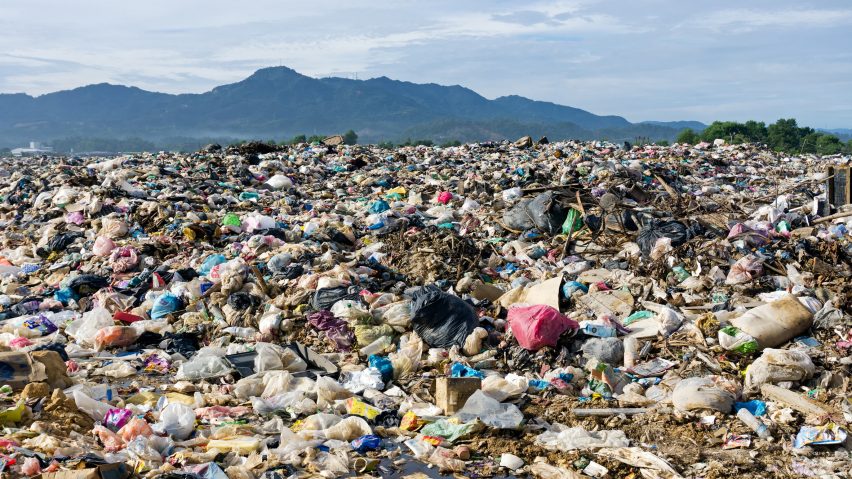
IKEA and India both pledge to abolish single-use plastics
Swedish homeware giant IKEA has revealed plans to remove all single-use plastics from its product range by 2020, while the Indian government has committed to banning the material from the country by 2022.
To coincide with World Environment Day this week, numerous national governments and large organisations have pledged to reduce use of the unsustainable, disposable plastics.
IKEA, the world's largest furniture retailer, has pledged to phase all virgin plastic from its homeware collections – a move that could set a precedent across the industry.
"By August 2020, all plastic material used in our home furnishing products will be 100 per cent renewable and/or recycled," reads its sustainability statement published yesterday, 7 June 2018.
IKEA promotes closed-loop society
The announcement forms part of a larger commitment to significantly improve IKEA's environmental impact. The company plans to completely overhaul its manufacturing processes so that only renewable, recyclable or recycled materials are used in its products.
The aim is to promote the circular economy – an approach where resources are kept in use for as long as possible, then recycled. IKEA's target is to "close at least two material loops" by 2020, in a bid to reduce customer waste.
"We will develop reverse material flows for waste material, ensure key parts of our range are easily recycled and take a stand for a closed-loop society," reads the statement.
India to ban single-use plastic from all 22 states
IKEA's statement comes days after it was revealed that India plans to ban single-use plastics from all of its 22 states by 2022.
During a summit on World Environment Day, 5 June 2018, Indian prime minister Narendra Modi announced his vision for India, the fastest-growing economy in the world, to set a global example for sustainability.
"It is the duty of each one of us to ensure that the quest for material prosperity does not compromise our environment," said Modi.
"The choices that we make today, will define our collective future," he continued. "The choices may not be easy. But through awareness, technology, and a genuine global partnership, I am sure we can make the right choices. Let us all join together to beat plastic pollution and make this planet a better place to live."
The move, described by the UN Environment agency as "unprecedented", will affect 1.3 billion people living in India.
India "will inspire the world and ignite real change"
Waste plastic is one of the world's biggest environmental issues. According to recent studies, 12 million tonnes of plastic is added to the oceans every year, weighing as much as 60,000 adult blue whales.
Microplastics from cosmetics, bathroom products and vehicle tyres have also been discovered in tap water and food across the world.
This year's World Environment Day, an annual initiative spearheaded by the UN, was a call to action for nations and businesses around the globe to commit to beating plastic pollution.
Other countries that announced new environmental initiatives included Kenya, which pledged to ban plastic bags, and Sri Lanka, which is set to ban styrofoam. Similarly, China announced it will introduce biodegradable bags.
Like India, the Galápagos Islands, which are part of Ecuador, also said it will ban single-use plastics.
"This has been the biggest, most resonant World Environment Day ever, thanks to the leadership of our global host India," said Erik Solheim, head of UN Environment.
"India has made a phenomenal commitment and displayed clear, decisive and global environmental leadership. This will inspire the world and ignite real change."
Volvo and LG plan to reduce plastic waste
Other companies that have now committed to fight the use of single-use plastics include Volvo, LG Electronics and the International Olympic Committee.
Architects and designers have been increasingly championing the use of recycled plastic in recent years.
Milanese design gallerist Rossana Orlandi recently launched a project aimed at changing the perception of plastic, while environmentally minded company Parley for the Oceans has worked with brands like Adidas to create sustainable alternatives to typical products.